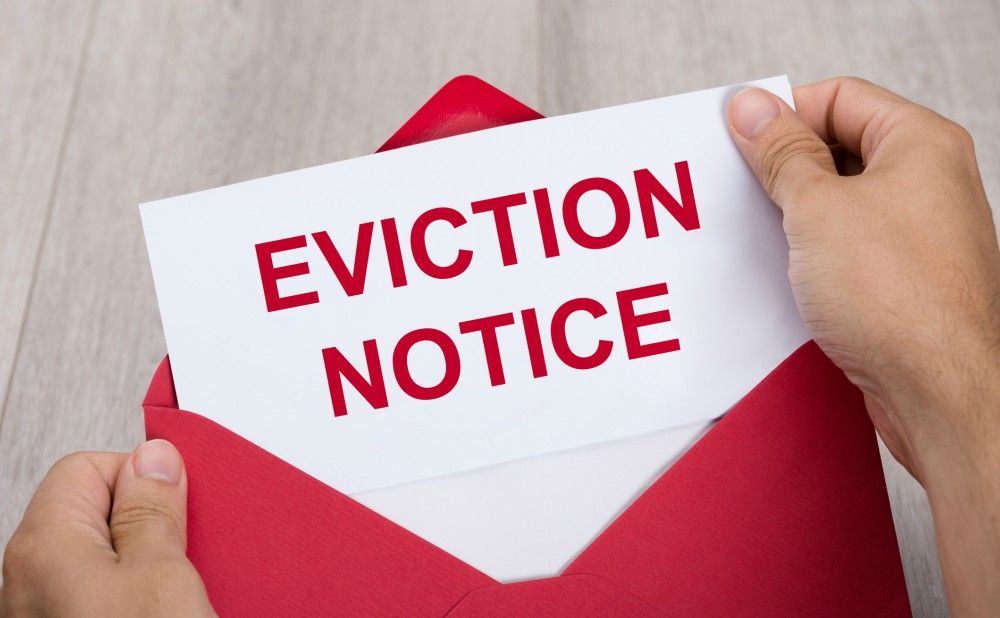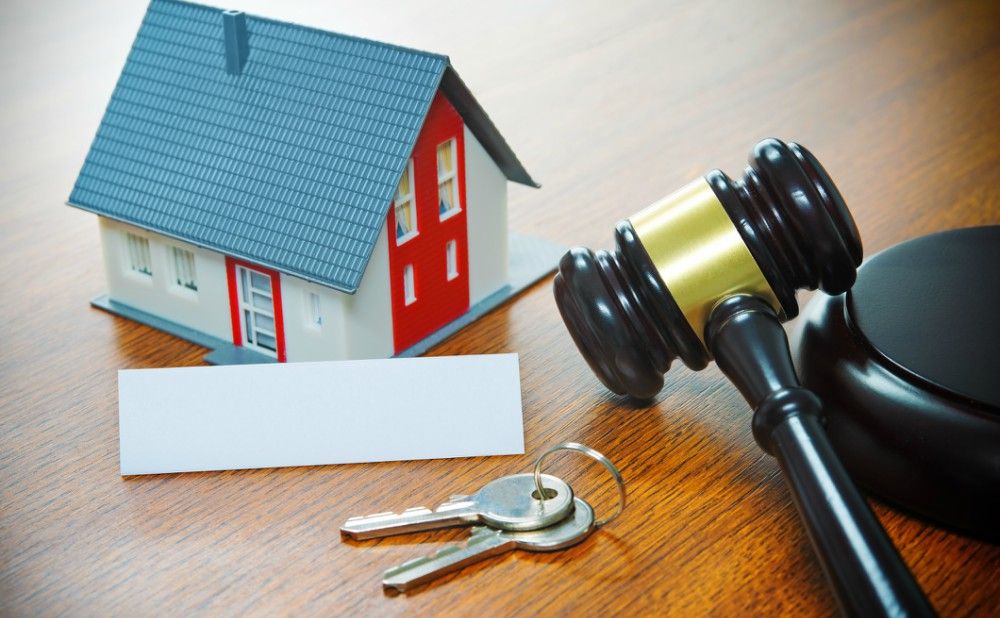A Step-by-Step Guide to the Eviction Process in Baltimore City

Handling evictions are unfortunately a requirement for property managers in Baltimore city. It happens to all of us at some point in the course of our landlord careers — that point in time where we have to evict a nonpaying tenant. However, giving tenants “second chances” to put off the inevitable rarely works out. Baltimore has an eviction rate more then twice the national average. These are alarming statistics and proof that a proper screening process and effective lease administration is the key to a successful tenancy. If you are currently dealing with a tenant who will not pay the rent on time or are wondering how eviction works, this article will give you the steps you need to take to handle the eviction of your tenant effectively.
What is an eviction anyway?
An eviction is a legal process of removing a tenant from a rented property. It recently has become more complex with the addition of COVID restrictions. In this guide, we will cover the basics! The eviction process in Baltimore consists of multiple steps and court filings. If not done correctly, it can be expensive and time-consuming for the landlord.
Before you file
Before filing your eviction case let’s cover the following first.
Eviction don’ts:
Over the years we have seen many landlords make the following eviction mistakes when it comes to the eviction process lets cover them here
- Dont get emotional- Remember this is a business and only bad things will happen if you allow yourself to get upset.
- Do not threaten, harass, or attempt to intimidate your resident.
- Do not Attempt a self-help eviction.
- Do not put off Filing the eviction.
Required Documents:
- Lease agreement
- Valid rental license- Always required in Baltimore City & County (See the full list here)
- Lead Certificate if your property was built before 1978
- Resident Ledger
- 10-day notice to quit- Court form DC CV-115
Communicate
Call your resident and explain to them you have not received the rent payment this month. Let them know that you will be sending them a 10-day notice and after that, you plan to file an FTPR.
Baltimore Eviction Process
The legal eviction process consists of several steps and required documents
1.) 10 Day notice to quit DC-CV-115 sent to the resident. You can fill this out in your browser, print it, and send it to your resident.
2.) Filing of the FTPR court form DC-CV082. This form needs to be obtained from the court.
You will need to have the following to file this;
- Rental license
- Lead certificate
3.) Filing the Warrant Of Restitution.
4.) Scheduling the eviction
5.) Meeting the sheriff
Step 1: Filing the FTPR – Failure To Pay Rent
The first step in the Baltimore City eviction process is filing the Failure To Pay Rent form with the district court.
This form consists of the landlord’s information, tenants’ information, and property information, and is the basis of your case.
To file the form, you will need to have your property registration number, lead certification number, tenants’ names, and be able to certify that the tenant is not in the military. It is best practice to file this as soon as your tenant is late on the rent.
Baltimore City courts are often backed up for weeks with cases, and waiting until the end of the month will only delay the process further costing you more time and money.
Once you’ve filled out the form, you will need to head to the district court to pay your filing fee and receive your court date.
The Baltimore Sheriff’s office will take care of making sure your resident is notified of the date and time of trial.
Step 2: Trial date
 The second step in the eviction process for your Baltimore Rental is the court date. On the day of the trial, you need to bring the following with you:
The second step in the eviction process for your Baltimore Rental is the court date. On the day of the trial, you need to bring the following with you:
- Lease agreement
- Lead cert
- Lease ledger
- DOD certification
- Your filing paperwork
If you do not have proper documentation for your case, it may be postponed or could even be dismissed.
When your case is called if the tenant is not present, you will most likely receive a default judgment meaning that you won because your tenant did not show up to court. If your tenant is in the courtroom, both you and your tenant will be able to present your case, and the judge will make his ruling. Assuming everything goes well, you will receive the judgment and will be able to move along to the next step in the process.
Step 3: Warrant of Restitution
The third step in the Baltimore eviction process is filing the Warrant of Restitution.
You must wait a minimum of four days after obtaining your judgment for possession.
As with the FTPR (Failure To Pay Rent) form, you must file this at the courthouse.
You will need to pay more filing fees and wait a minimum of 10 days after filing before you start calling the sheriff’s office to get the eviction scheduled.
Step 4: Scheduling the eviction and the eviction date

After you file the warrant and waiting a couple of days, you can call the Baltimore Sheriff’s office to schedule the eviction.
The best time to call is in the morning, between 8:30 and 9:30. When you call, you should have the case number and the address ready. But be warned: you may need to call several times before they have the paperwork back from the court.
Once you can get the eviction scheduled, you will need to send the official “Notice of Eviction” paperwork to the resident via Certificate of Mail at least 14 days before the scheduled eviction date, as well as posting it on the front door of the unit at least 14 days before the eviction.
Step 5: The actual eviction
Finally, the day of the eviction has arrived.
One of many situations will play out on this day. Let’s go through the possibilities.
The first is that assuming you do not have a “no right” or a “no right of redemption” case, your tenant may pay you the full amount of money due on the Warrant of Restitution, otherwise known as a Pay and Stay.
If your tenant owes you additional months of rent (which is very likely they will, as this process can take a long time), you cannot ask for that money at this point. Instead, you will need to bring them back to court or work out a payment plan.
The second scenario that may occur is your tenant contests the eviction. This can happen for many reasons, the most common being the claim that they were not notified correctly or at all.
If the sheriff’s deputy at the property sides with the tenant, a hearing will be scheduled, and the judge will decide if the eviction will proceed.
Another common occurrence is that the tenant vacates the property on or before the eviction date. When you arrive at the property do not attempt to make entry, even if you see the property is vacant.
Post Eviction
Once you have possession of the property back, you will want to get it secured, make sure all of your windows are locked, and that all of the doors are locked before you leave.
While Baltimore City does not require you to remove the tenant’s belongings from the property the day of the eviction, you should be prepared to do so.
You should have your contractor give you a quote as soon as possible on what it will cost to fix any damages incurred. Once you have your quotes, you will need to send your deposit disposition, and we always recommend filing your case with the District Court as soon as possible.
Baltimore City Eviction Best Practices and Helpful Tips
Here are some tips for you to follow during your property’s eviction process.
- Try to avoid the whole process of having to evict a tenant by screening correctly.
- Make sure that you have all of your paperwork, and that your property is in compliance with the local, state, and federal laws.
- Even if you are entirely confident that the tenant has vacated the house, do NOT enter the property before the sheriff arrives.
- On the day of the eviction, bring the original copies of your FTPR filing, Posted Notice, the Warrant of Restitution, and the Certificate of Mailing with you. You WILL need all of these.
- Try to keep an open line of communication with the tenant, and make sure it is professional and respectful.
- Always treat your rental property as the business that it is.
Got questions? Need help? We’ve got you covered. Contact HomeWorks Property Management today to get help with property management in Baltimore as well as any eviction problems you may have.
